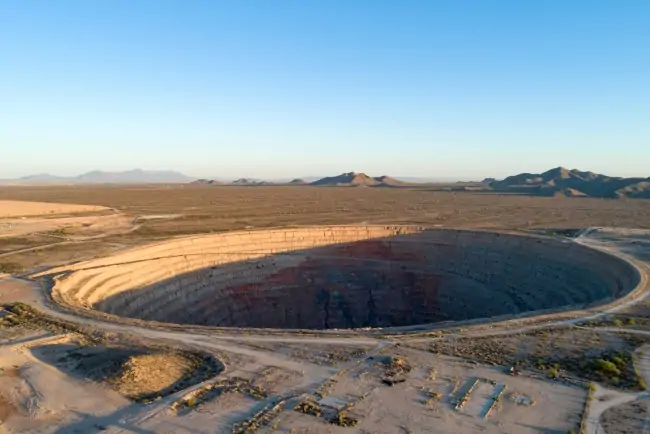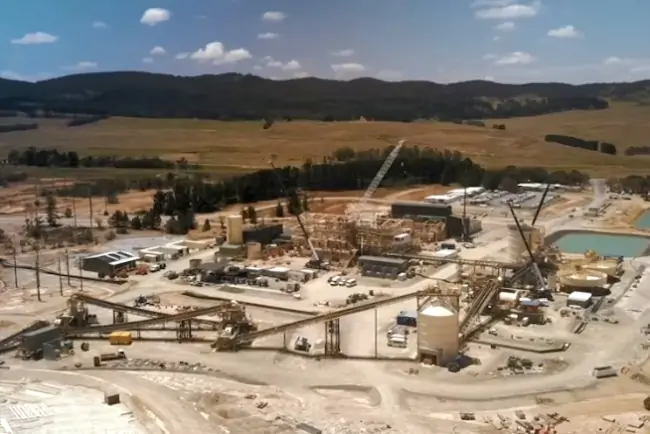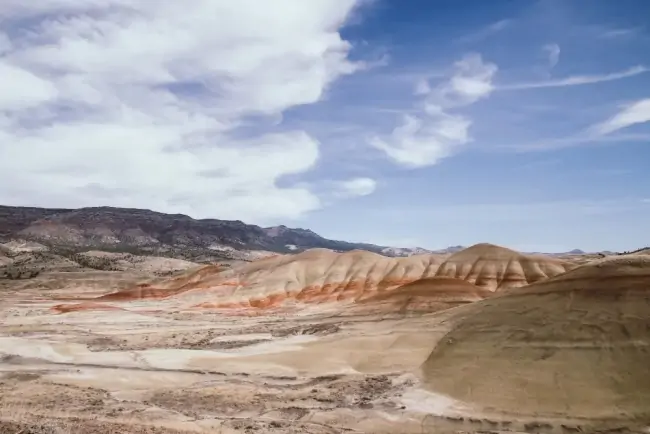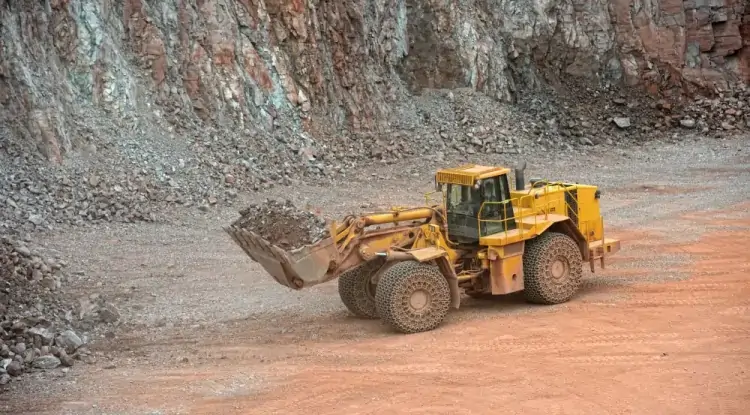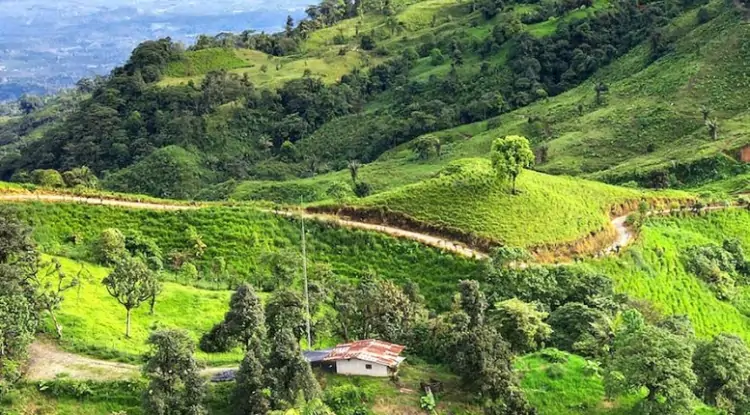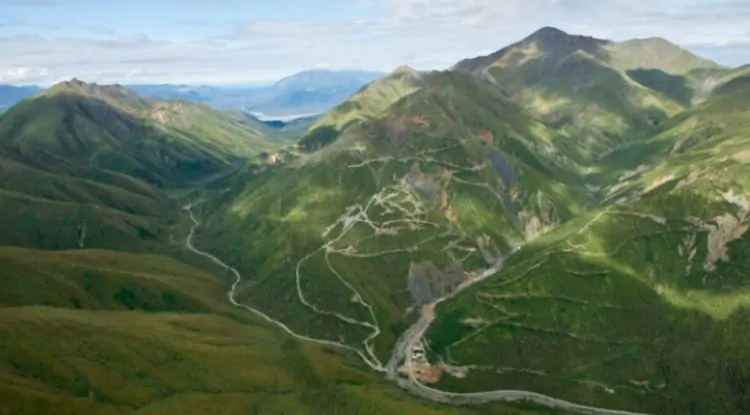Indonesia curbing nickel supply to support locals, Eramet says
Indonesia is squeezing supplies of nickel ore to protect smaller local miners as the market for the battery metal endures a prolonged slump, according to Eramet SA.
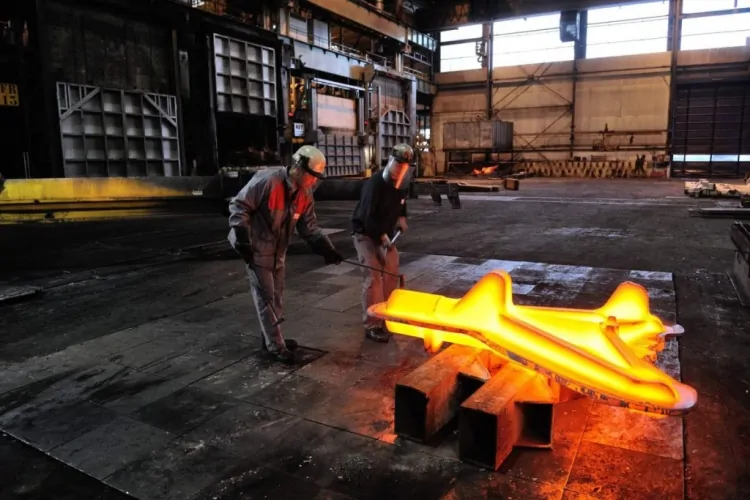
The French miner, which operates the world’s largest nickel mine in Indonesia’s North Maluku province, was this year given a sales quota by the Asian nation that was 29% less than it expected, causing its share price to plunge in October.
The government curbs were meant to protect local miners from the global slump in prices, but also led to a shift in production to higher-grade ores used to make stainless steel. That reduced local supply of battery-grade nickel ore, forcing local smelters — which are key to Indonesia’s ambitions to become a major player in electric vehicles — to turn to more expensive imports.
“They wanted to maintain a good price for the ore on the market,” Jerome Baudelet, chief executive officer of Eramet Indonesia, said in an interview in Jakarta on Thursday. “They wanted to protect the local small miners.”
Nickel, which is used to make both stainless steel and electric vehicle batteries, has endured a two-year slump due to weak demand and booming Indonesian supplies. That’s forced some producers in other countries to shut entirely, and also put pressure on smelters in the Southeast Asian nation that are already dealing with high ore prices due to the shortages.
Indonesia now accounts for more than half of global nickel output after its ban on exports led to a smelter-building boom, largely by Chinese companies. On the mining side, production is highly fragmented between a large number of small local firms and a few large international miners like Eramet and Vale SA.
Due to the sales curbs, miners have prioritized selling higher-grade ore that’s typically used in stainless steel production, Baudelet said. That’s at the expense of the less-rich form called limonite that’s usually turned into battery-grade nickel in high pressure acid-leach facilities.
Those plants, which are key to Indonesia’s ambitions to become a major player in electric vehicles, are being forced to import the bulky ore at extremely high costs, Baudelet said.
Eramet can apply for a higher sales quota next year, which could alleviate the tightness in the ore market. That may become more urgent as the country continues to bring processing capacity online.
President’s policy
Much will depend on the attitude of the country’s new government toward the nickel sector. President Prabowo Subianto, who was inaugurated last month, has pledged to continue his predecessor’s policy of bringing the processing of minerals like nickel onshore.
The former general recently capped off a trip to the US, which included a meeting with President Joe Biden and a call with President-elect Donald Trump. Indonesia has been pushing the US to make electric vehicles containing its nickel eligible for the subsidies provided by the Inflation Reduction Act.
It remains to be seen whether Trump’s administration will be more amenable to a deal on that front, particularly given his repeatedly expressed desire to scrap large parts of the IRA. But the Southeast Asian nation’s growing dominance of the nickel market may force the US’s hand in the end, Baudelet said.
“When you look at Indonesia, within the next five, 10 years it’s going to be 70% of the world production,” he said. “If you don’t want to source from Indonesia, it’s going to be a challenge for you to get the competitive nickel.”

